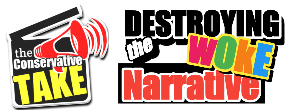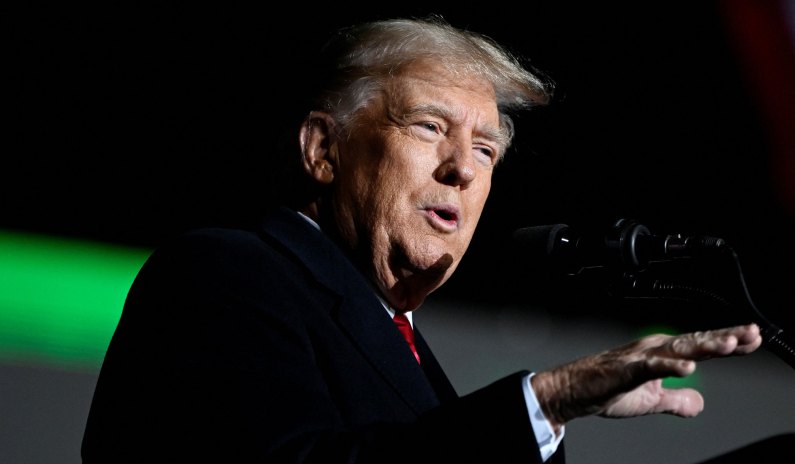[ad_1]
The Supreme Court on Wednesday discovered {that a} Pennsylvania college district had overstepped its authority when it punished a cursing cheerleader for her social media posts.
In an 8-1 choice, the courtroom discovered that, on this explicit case, Mahanoy Area High School’s pursuits in regulating the now-graduated scholar Brandi Levy’s off-campus speech have been inadequate to beat her personal rights to free expression. Justice Stephen Breyer delivered the courtroom’s opinion. Justice Clarence Thomas issued a lone dissent.
SUPREME COURT CONSIDERS FREE SPEECH IMPLICATIONS IN HIGH SCHOOL CHEERLEADER’S FIRST AMENDMENT CASE
Levy’s case arose in 2017 when Levy didn’t make her varsity cheer squad and responded with a Snapchat story, posted on a Saturday and off campus, wherein she stated, “F*** school. F*** softball. F*** cheer. F*** everything.” When college members noticed the publish, the varsity banned her from the game for a 12 months.
Levy and her mother and father teamed up with the American Civil Liberties Union to take the case to courtroom, arguing that the varsity had broadly overreached into her private life. The college responded that, underneath a 1969 Supreme Court choice permitting colleges leeway in regulating scholar speech, it might punish her as a result of Levy’s publish had “substantially” disrupted college order. Several decrease courtroom judges sided with Levy, discovering that call didn’t apply.
Breyer, whereas cautious to guard colleges’ means to control some off-campus speech, wrote that it was clear that the varsity had gone too far in Levy’s case.
Chief among the many causes, he stated, was the context of Levy’s publish, particularly that the Snapchats weren’t aimed at the varsity and have been posted for a semiprivate viewers of Levy’s Snapchat mates. The undeniable fact that Levy didn’t make her posts on a weekday was one other main issue, which disadvantaged the varsity of the argument that it was performing in loco parentis.
“There is little to suggest a substantial interference in, or disruption of, the school’s efforts to maintain cohesion on the school cheerleading squad,” Breyer concluded.
At the identical time, Breyer stated he didn’t agree with the way in which wherein decrease courts had sided with Levy. These selections had been too broad, he wrote, mentioning that colleges typically have an curiosity in regulating speech off-campus, particularly within the case of “severe bullying” or threats aimed at college students or academics.
Breyer added that in latest a long time, it has grow to be tougher to find out what’s technically on-campus and off-.
“Particularly given the advent of computer-based learning, we hesitate to determine precisely which of many school-related off-campus activities belong on such a list,” he wrote, saying that it might be tough to put down a tough rule.
Similar questions divided the justices throughout the case’s arguments. Justice Samuel Alito, in a concurrence joined by Justice Neil Gorsuch, wrote that, greater than answering questions on college regulation of speech, the case acted as a warning to academics and directors wading into that territory.
“If today’s decision teaches any lesson, it must be that the regulation of many types of off-premises student speech raises serious First Amendment concerns, and school officials should proceed cautiously before venturing into this territory,” he wrote.
CLICK HERE TO READ MORE FROM THE WASHINGTON EXAMINER
Thomas in his dissent wrote that the courtroom had ignored that colleges “historically could discipline students in circumstances like those presented here.”
“Courts (and schools) will almost certainly be at a loss as to what exactly the Court’s opinion today means,” he wrote.
[ad_2]
Source hyperlink















